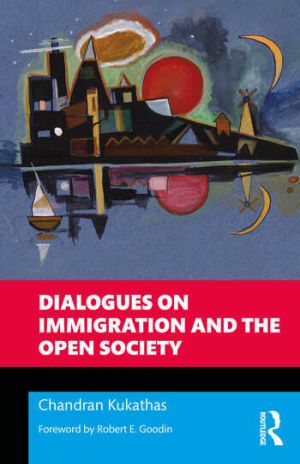
After some friendly pestering from six of his students curious about his thinking about immigration, a philosophy professor invites them to present their own ideas to him over a series of meetings throughout the term. This book is about their conversations.
These dialogues introduce the reader to the most important ethical and political questions about immigration. They begin by considering the claim that significant levels of immigration pose a threat to the very civilization of the west, where the immigration issue is a particularly vexed one. The chapters that follow consider the economics of immigration, whether or not the state is justified in its efforts—or even obliged—to control immigration, and whether everyone has a right to move or if only refugees can make so strong a claim. The final chapter considers the implications of a philosophy of immigration on the ideal of an open society. Throughout the book, there is a strong emphasis on addressing the conceptual questions that are vital for making any headway in understanding practical issues. What is a refugee? What are rights? What is an open society? Indeed, what is immigration?
Key Features: